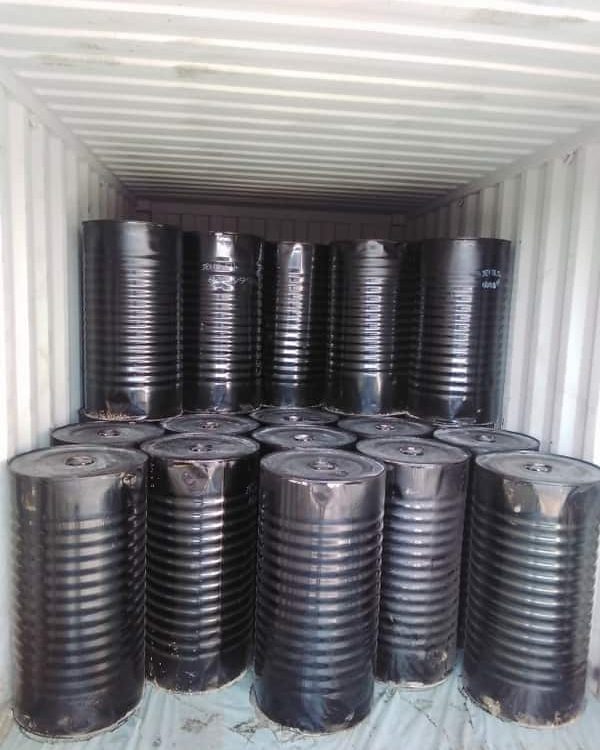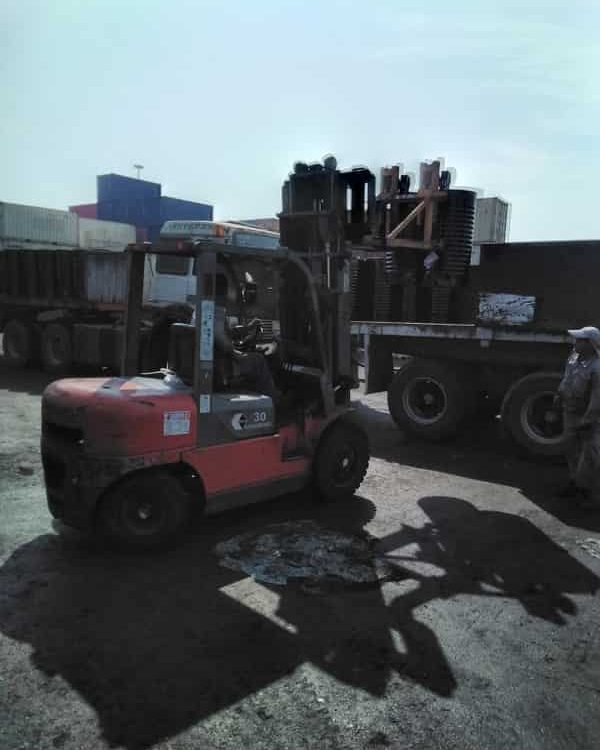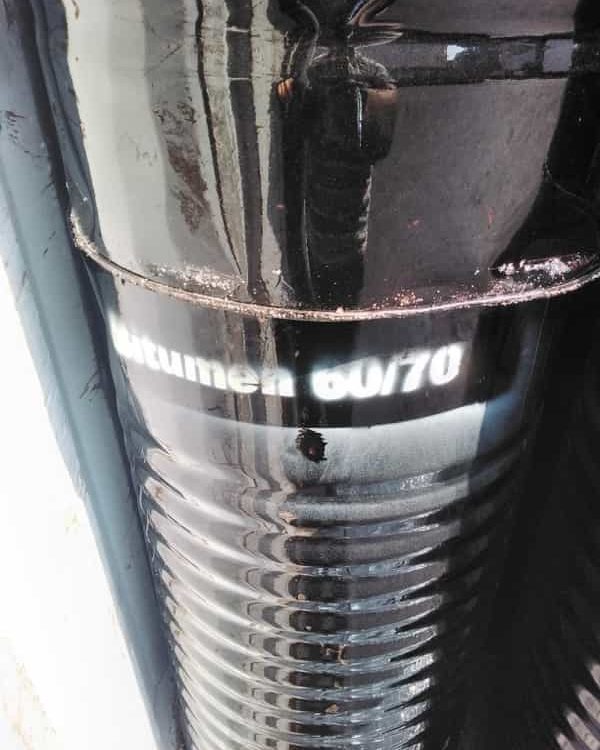Bitumen price in Guinea
Bitumen price in Guinea
The oil market and bitumen price in Guinea depend on other dominant countries in this regard, such as Russia. Therefore, we have decided to analyze Russia’s oil market. So, stay tuned for the analyses.
Russia’s energy minister’s comment on the oil & bitumen market
Russia’s energy minister has said that global economic growth has slowed due to trade wars and the imposition of
key tariffs imposed by the United States, which has led to lower demand for crude oil.
On the sidelines of the 21st Ministerial Meeting of the Assembly of Gas Exporting Countries (GECIF) in Moscow,
Alexander Novak said: “The growth rate of oil demand this year has decreased compared to 2018, which was 1.5 million barrels per day,
and now is one million to one per day.” In fact, it is at one million and 100 thousand barrels.
He also added: “This year, compared to 2018, due to various factors,
oil demand has decreased significantly and the growth of the global economy, which in 2019 has been about three percent so far,
has affected the reduction of oil demand.”
There is no reason to change the level of oil production
Moreover, he added, “We are not in a critical situation when we want to make a new decision
at the meeting of member and non-member countries of the Organization of Petroleum Exporting Countries (OPEC).”
Technically speaking, the oil supply closely monitors the conditions of global crude oil markets in different countries
such as Guinea and bitumen price in Guinea. Consequently, Russia agrees to long-term gas contracts.
As mentioned above, Russia’s energy minister also said that Russia wants to maintain long-term gas contracts and follow the “Take or Pay” principle. He added: “In order to stabilize the gas market and make it predictable, and to attract capital in the gas sector,
we should not forget about the tested experience of signing long-term contracts and using the” Take or Pay “principle.”
As the final point, Algeria, Bolivia, Egypt, Equatorial Guinea,
the Islamic Republic of Iran, Libya, Nigeria, Qatar, Russia, Trinidad and Tobago, the United Arab Emirates and Venezuela are the four main members of the JIC,
and Angola, Azerbaijan, Iraq, Kazakhstan, Norway, Oman and Peru, Participate as observer
members in the Assembly of Gas Exporting Countries.
It’s also worth mentioning that members of the Assembly of Gas Exporting Countries account for 44% of
world gas production, 2% of world gas reserves, 64% of pipeline gas transmission and 66% of liquefied natural gas (LNG) trade.




